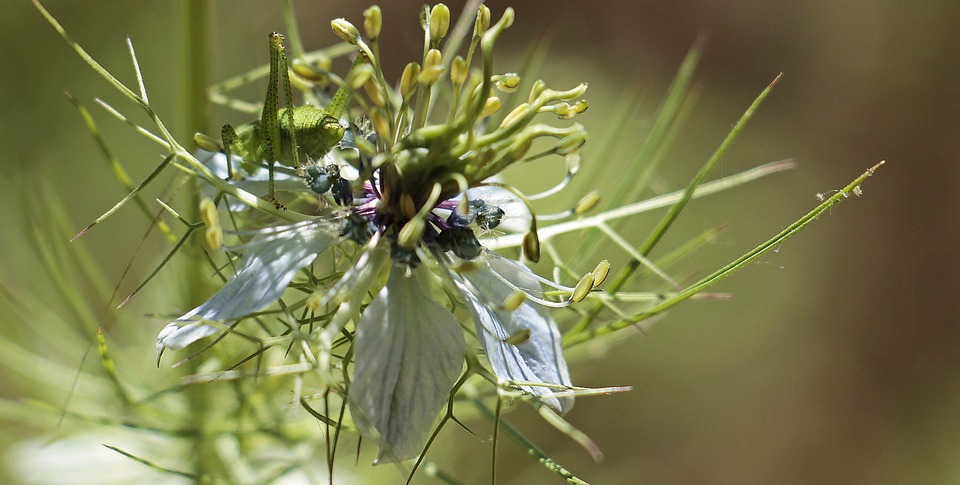The Power of Perennials: Sustainable Garden Plants that Keep on Giving
Living off the grid has given me a new appreciation for sustainable living and the power of perennials in the garden. As someone who has spent years tending to my own sustainable farm and garden, I have come to understand the value of perennial plants. These hardy, long-lasting plants not only provide beauty and food, but they also require minimal maintenance and help to reduce the impact on the environment. In this article, I want to share with you the incredible power of perennials and how they can revolutionize your sustainable garden.
Perennials are plants that live for more than two years and can be grown in a variety of climates and soil types. Unlike annuals, which need to be replanted each year, perennials come back year after year, making them an excellent choice for sustainable gardening. In addition to their longevity, perennials also help to improve soil health and provide habitat for beneficial insects, birds, and other wildlife.
One of the greatest things about perennials is that once they are established, they tend to require minimal maintenance. This means less watering, fertilizing, and weeding, which can save time, money, and resources. In my own experience, I have found that perennials are incredibly resilient and can withstand periods of drought and harsh weather conditions, making them a reliable and low-maintenance option for sustainable farming and gardening.
Not only are perennials low-maintenance, but they also offer a wide range of benefits for the environment. As sustainable gardeners, it is important to consider the impact of our choices on the environment, and perennials can play a crucial role in reducing our ecological footprint. By choosing perennials that are native to your region, you can help to support local ecosystems and biodiversity. Additionally, the deep root systems of many perennial plants help to prevent erosion, improve soil structure, and sequester carbon, making them an essential part of any sustainable garden.
When it comes to food production, perennials are a game-changer for sustainable farming. Many perennial plants, such as fruit trees, berries, and perennial vegetables, provide a reliable source of food year after year. Not only do these plants offer a sustainable food source, but they also contribute to a more diverse and resilient food system. By incorporating perennials into your garden, you can reduce your reliance on annual crops and support a more sustainable and self-sufficient way of living.
In addition to their practical benefits, perennials also provide an abundance of beauty and diversity in the garden. From vibrant flowers to lush foliage, perennials offer a wide range of colors, shapes, and textures that can enhance the aesthetic appeal of any garden. Whether you are looking to create a vibrant flower garden, a productive food forest, or a tranquil oasis, perennials can provide the foundation for a sustainable and beautiful landscape.
As someone who has devoted years to sustainable farming and gardening, I have learned a few pro tips for incorporating perennials into my garden. Here are a few strategies that have worked well for me:
– Start Small: If you are new to perennials, I recommend starting with a few easy-to-grow varieties to gain experience and confidence. Once you feel comfortable, you can gradually expand your collection to include a wider range of plants.
– Plan for Succession: When designing your garden, consider incorporating a mix of early, mid, and late-blooming perennials to ensure a continuous display of color and beauty throughout the growing season.
– Embrace Diversity: Perennials come in a wide range of shapes, sizes, and growth habits, so don’t be afraid to experiment with different types of plants to create a diverse and dynamic garden.
– Consider Native Plants: Whenever possible, choose perennials that are native to your region, as they are well-adapted to the local climate and provide essential habitat for native wildlife.
– Maintenance Matters: While perennials are low-maintenance, they still require some care and attention. Regular watering, pruning, and feeding will help to keep your perennials healthy and thriving.
In conclusion, the power of perennials in sustainable farming and gardening is truly remarkable. These long-lasting, low-maintenance plants offer a wide range of benefits for the environment, food production, and aesthetic appeal. By incorporating perennials into your garden, you can create a resilient and sustainable landscape that provides beauty and bounty year after year. Whether you are a seasoned gardener or just starting out, I encourage you to explore the incredible world of perennials and discover the possibilities they hold for a more sustainable way of life.



